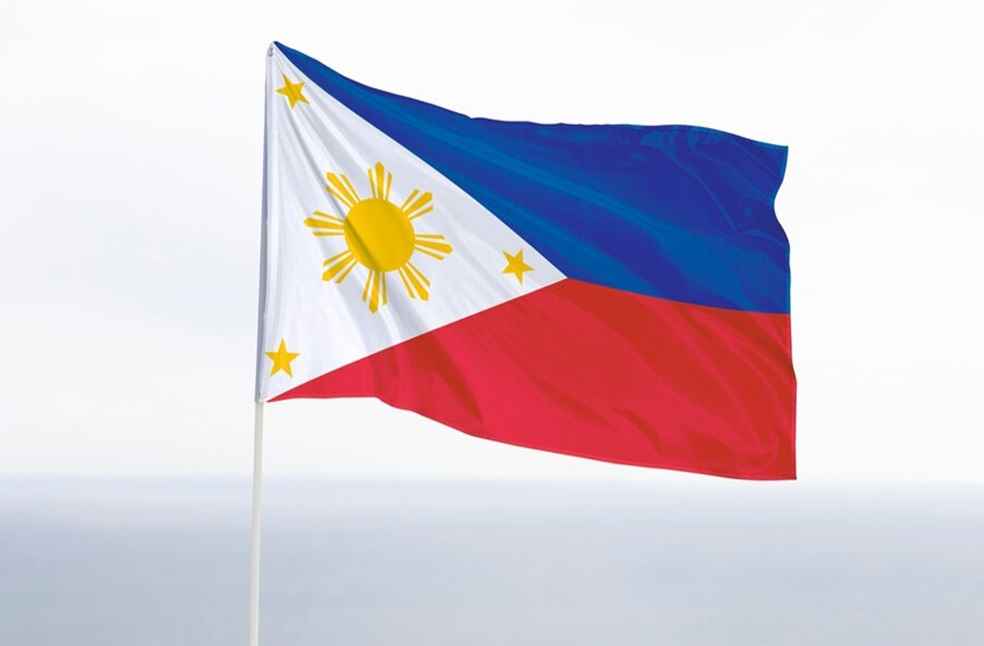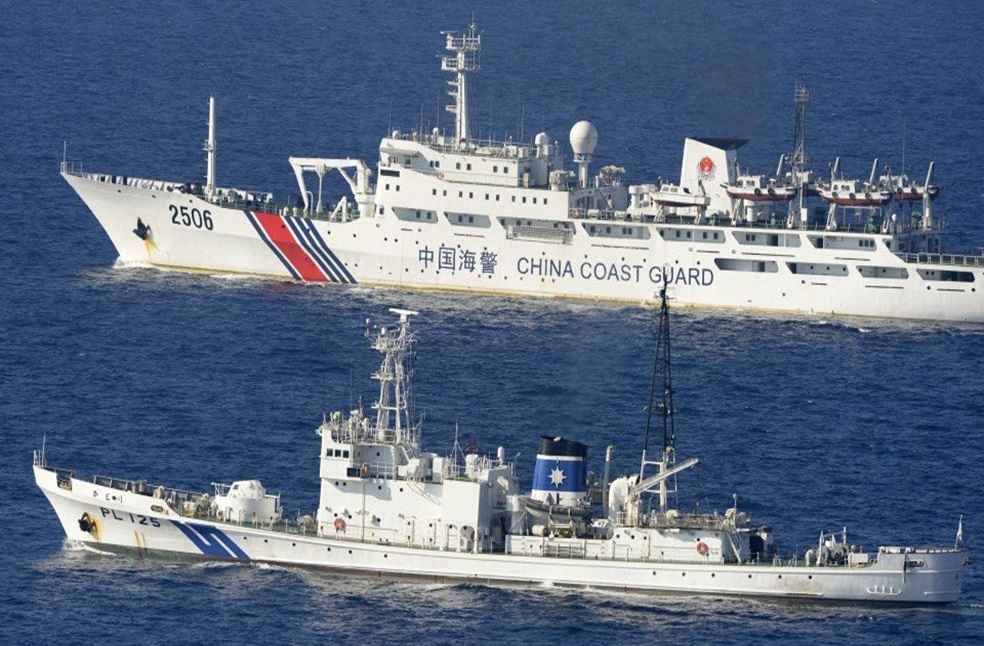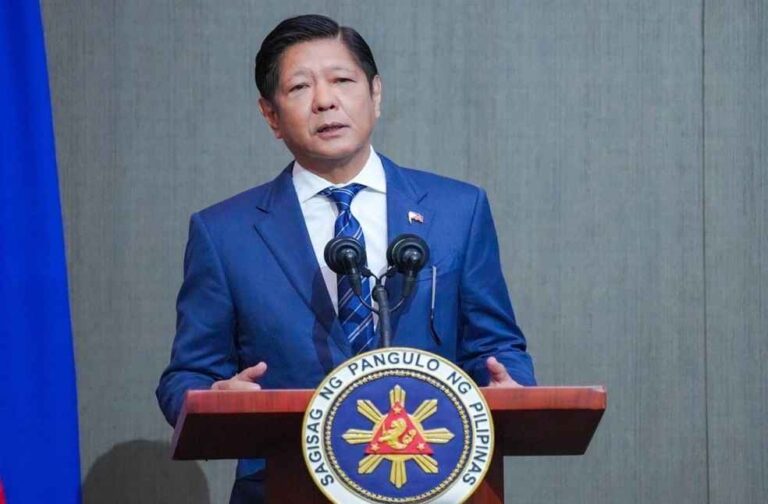Philippines: Ferdinand Marcos Jr., President of the Philippines, has announced that he will retaliate against China as a result of last week’s skirmishes in the South China Sea. Filipino soldiers were wounded and ships were damaged in the attack.
Macros said in a statement that, “We seek no conflict with any nation, more so nations that purport and claim to be our friends but we will not be cowed into silence, submission, or subservience.”
The President remarked that, “The Philippines would respond with a ‘countermeasure package that is proportionate, deliberate, and reasonable in the face of the open, unabating, and illegal, coercive, aggressive, and dangerous attacks by agents of the China Coast Guard and the Chinese Maritime Militia. Filipinos do not yield.”

Marcos made comments regarding the growing tensions between China and the Philippines in the South China Sea. China accuses the Philippines for the disputes, even though Beijing claims almost the entire waterway. There were several conflicts between the two countries’ vessels near clashing reefs in recent months, due to their history of maritime territorial disputes in the area.
The Filipino mission to resupply troops on the BRP Sierra Madre was interrupted by an incident near Second Thomas Shoal in the Spratly Islands. According to the Philippines, the Chinese coastguard stopped its supply ship and harmed it with a water cannon, wounding three soldiers. It summoned China’s representative following the incident.

China’s coastguard explained its moves by saying that they were carried out following the law and involved the regulation, interception, and expulsion of a foreign vessel that attempted to forcefully enter Chinese waters. The Chinese government insisted on Manila to refrain from stirring trouble at sea and to step back from the brink.
Responding to Chinese actions, the United States has led a chorus of support for its treaty ally the Philippines. Marcos expressed that “The international community offered to help us on what the Philippines requires to protect and secure our sovereignty, sovereign rights, and jurisdiction while ensuring peace and stability in the Indo-Pacific.”



